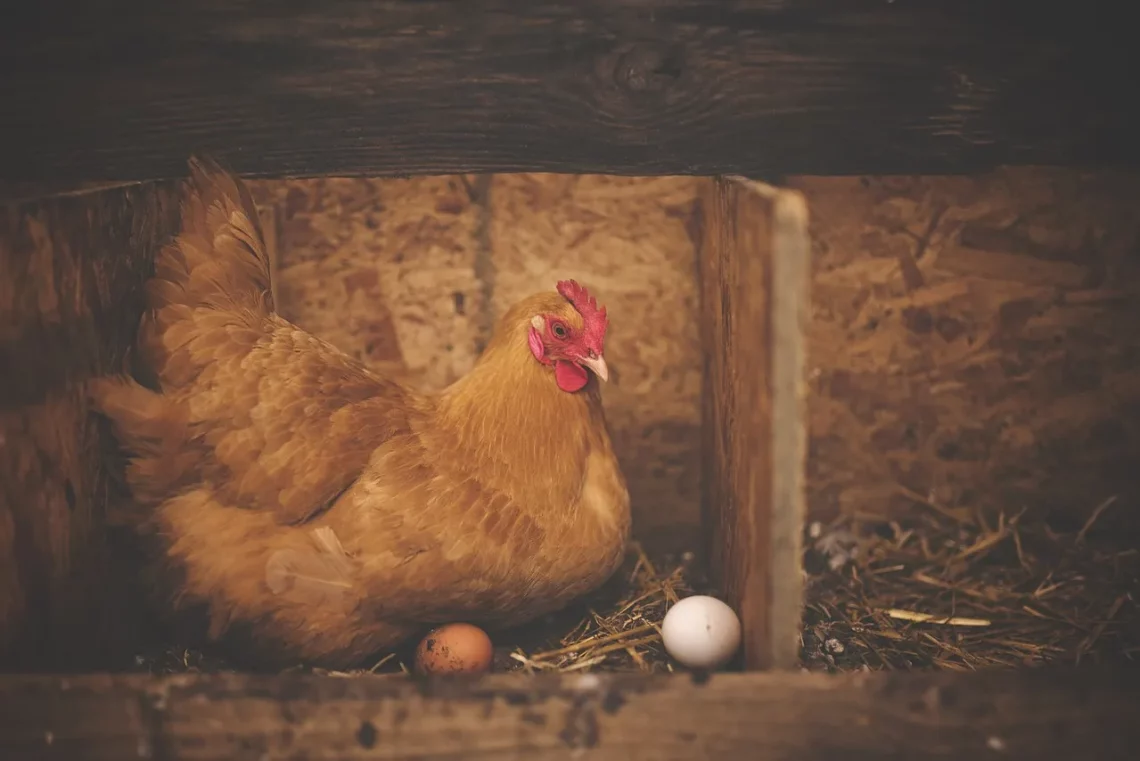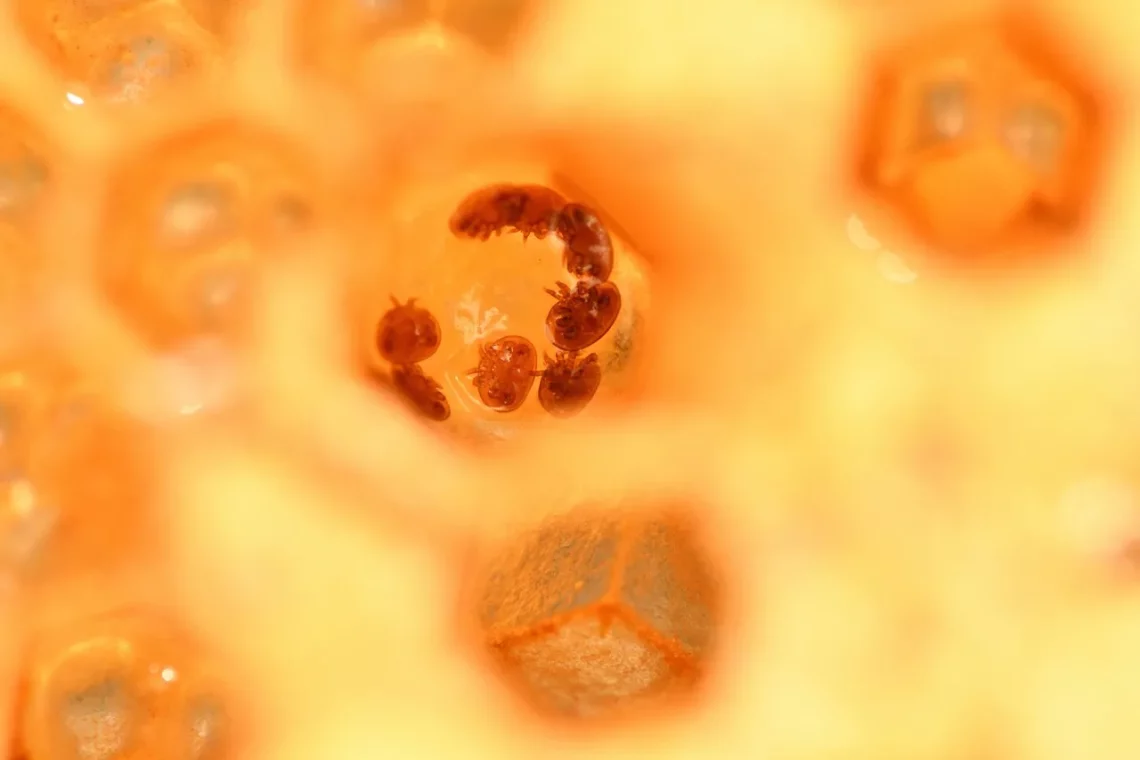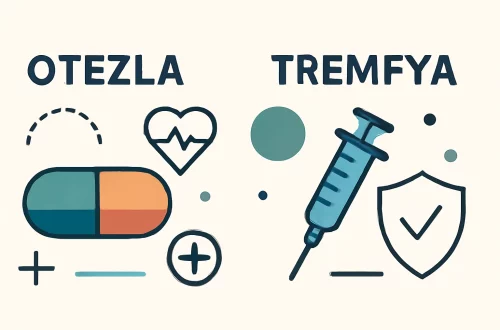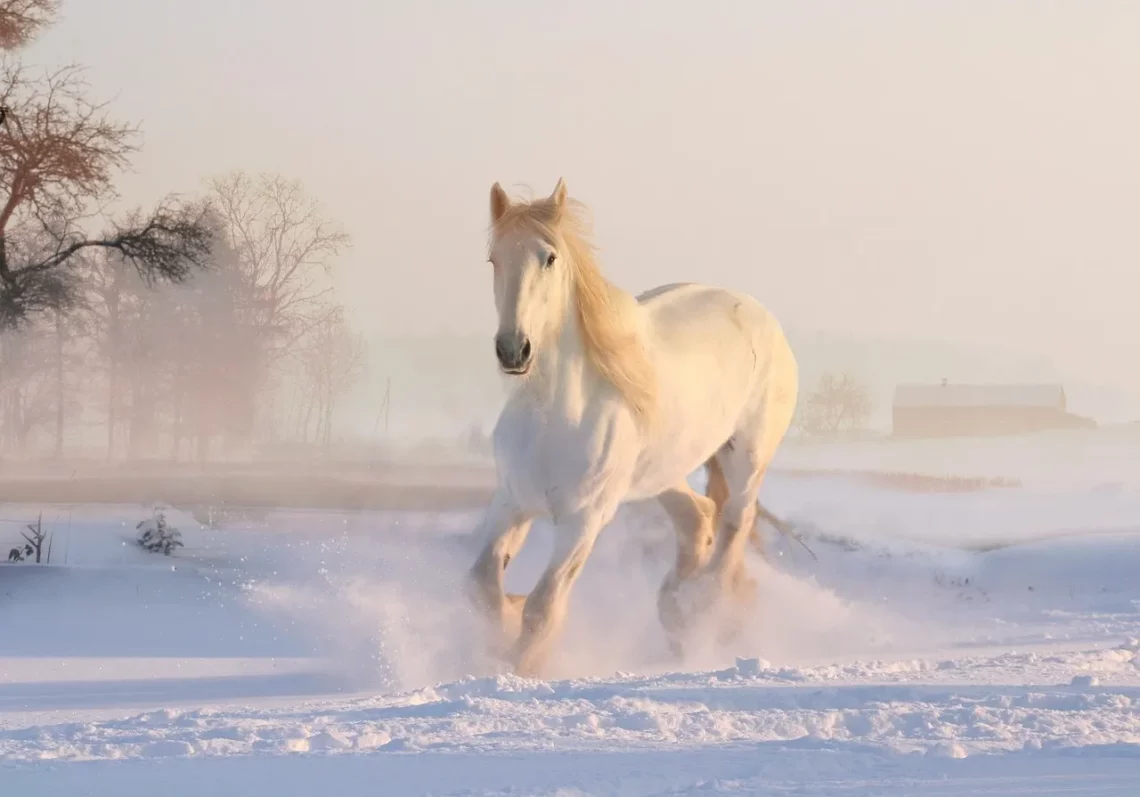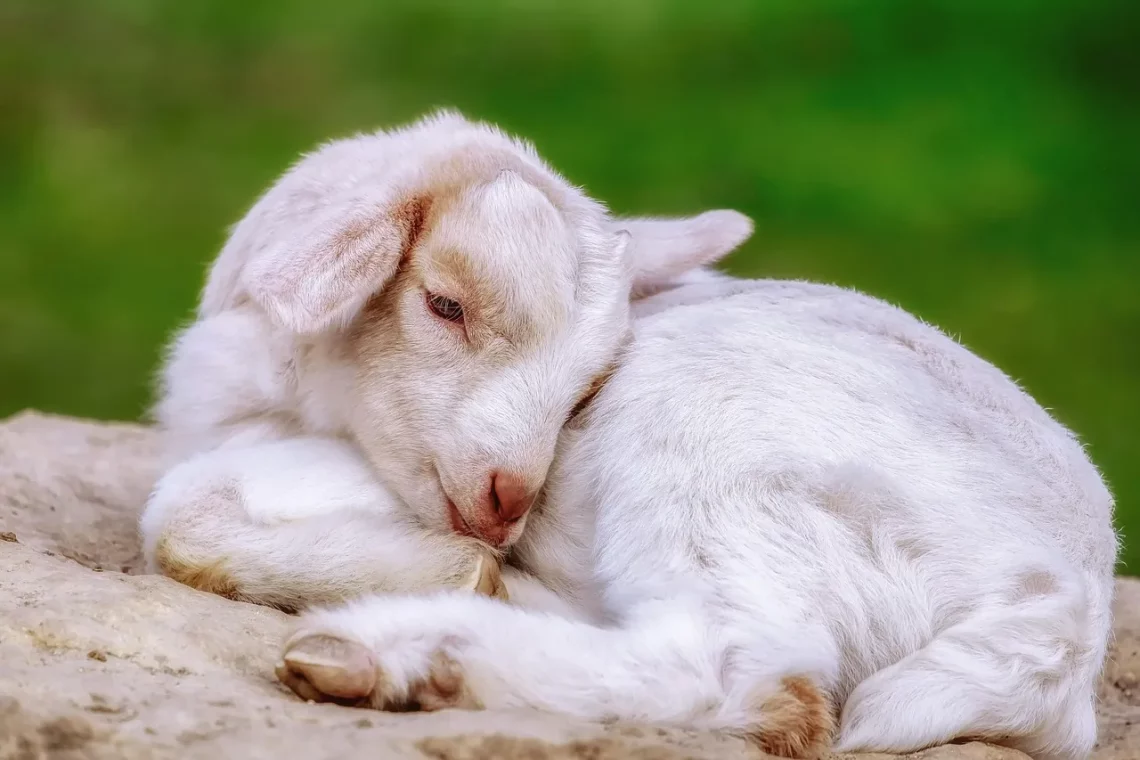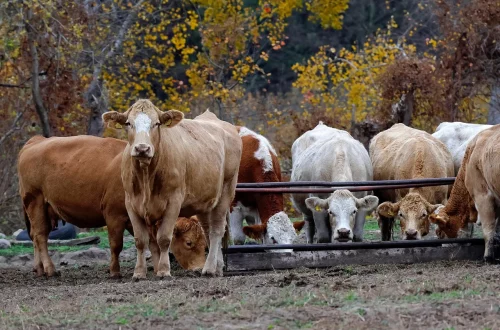-
Why One Calf is Fatter Than the Other: Understanding Growth Differences
Understanding growth differences in calves can be a fascinating yet complex topic. The variation in size and fat accumulation among calves can be attributed to a multitude of factors, ranging from genetics to environmental influences. In the realm of livestock and animal husbandry, farmers and ranchers often observe that not all calves grow at the same rate or achieve similar body condition scores, leading to questions about the underlying reasons. In many cases, these differences can be traced back to the animal’s genetics, which play a crucial role in determining growth potential. However, the environment in which the calves are raised also significantly impacts their development. Nutritional factors, social dynamics…
-
How Long Can Chickens Survive Without Food?
Chickens are remarkable creatures, known for their resilience and adaptability in various environments. As common farm animals, they provide not just companionship but also a significant source of eggs and meat. However, like all living beings, they have specific needs, particularly when it comes to nutrition. The question of how long chickens can survive without food is not just about survival; it delves into their biology and the impact of starvation on their health and productivity. Chickens, as omnivores, require a balanced diet consisting of grains, proteins, and greens to thrive. Their digestive systems are designed to process a variety of food types, which is why they can often be…
-
Benefits of Using Nipple Waterers for Pigs in Sustainable Farming
Sustainable farming is becoming increasingly important in today’s world, where environmental concerns and the demand for ethical practices are at the forefront of agricultural discussions. As farmers seek innovative solutions to enhance animal welfare and reduce resource consumption, the focus has shifted towards more efficient methods of providing for livestock needs. One of these methods is the use of nipple waterers for pigs, a system that not only conserves water but also promotes healthier living conditions for the animals. Water is a critical component in swine nutrition and overall health, and ensuring that pigs have access to clean, fresh water is essential for their well-being. Traditional watering methods often lead…
-
How Much Feed Per Chicken: A Guide to Optimal Nutrition
Raising chickens can be a rewarding endeavor, whether for personal enjoyment, egg production, or even as part of a sustainable farming initiative. However, ensuring that your flock receives optimal nutrition is paramount to their health and productivity. The diet of chickens directly impacts their growth, egg production, and overall well-being. Providing the right amount of feed is crucial, as both overfeeding and underfeeding can lead to various health issues and decreased performance. Additionally, the nutritional needs of chickens can vary based on their age, breed, and purpose. For instance, broilers, which are bred for meat, require a different diet than layers, which are raised for eggs. Understanding the specific needs…
-
Effective Ways to Eliminate Mites in Your Chickens
Keeping chickens is a rewarding endeavor, but it comes with its challenges. One of the most common yet frustrating issues that poultry keepers face is the presence of mites. These tiny parasites can wreak havoc on your flock, causing stress, discomfort, and even health problems. Mites feed on the blood of chickens, leading to anemia and decreased egg production. Beyond the physical effects on the birds, an infestation can also impact your entire flock’s overall well-being. Understanding the life cycle and behavior of mites is crucial for effective management. These pests thrive in warm, humid environments, making chicken coops a perfect breeding ground. Regular inspections and proactive measures are essential…
-
How Long Can a Horse Survive Without Water?
Water is an essential element for all living creatures, and horses are no exception. These majestic animals, known for their strength and stamina, rely heavily on proper hydration to maintain their health and performance. Unlike humans, horses have unique physiological needs that dictate their water intake. Their bodies are primarily composed of water, and adequate hydration is crucial for various bodily functions, including digestion, temperature regulation, and joint lubrication. When faced with a shortage of water, horses can quickly become dehydrated, leading to serious health issues. This article delves into the importance of water for horses, how long they can survive without it, and the signs of dehydration. Understanding these…
-
Understanding the Unique Traits and Care of Cracker Horses
Understanding the Unique Traits and Care of Cracker Horses Cracker Horses, a breed that embodies both history and utility, are a fascinating subject for equine enthusiasts and casual horse lovers alike. Originating in Florida, these horses have deep roots that intertwine with the state’s agricultural heritage. Known for their versatility, Cracker Horses were initially bred for work on ranches, serving as reliable companions for cattle herders. Their distinctive appearance and temperament set them apart from other breeds, making them not only functional but also a cherished part of the American equine landscape. With their strong, muscular build, Cracker Horses exhibit a blend of agility and endurance, ideal for various equestrian…
-
Understanding Baby Goat Central Incisor Injuries and Their Care
Understanding the health and well-being of young goats, particularly concerning their dental health, is crucial for any goat owner. Baby goats, also known as kids, are playful and energetic creatures, but they are also susceptible to various injuries and health issues, particularly during their early developmental stages. One common concern among goat enthusiasts is the injuries that can occur to their central incisors. These teeth play a significant role in the goat’s ability to graze and consume food effectively. Injuries to the central incisors of baby goats can arise from various sources, including rough play with other animals, accidents during feeding, or even genetic predispositions. Understanding the implications of these…
-
Effective Methods to Rid Chickens of Mites Safely and Naturally
Chickens, like any other livestock, are susceptible to a variety of pests, with mites being one of the most common and troublesome. These tiny parasites can cause significant discomfort to your flock, leading to stress, decreased egg production, and even serious health issues if left untreated. Mites thrive in the warm, dark environments often found in coops, making it essential for chicken owners to stay vigilant in monitoring their birds for signs of infestation. When chickens are infested with mites, you may notice behavioral changes such as excessive scratching, feather pecking, or lethargy. Mites can be particularly damaging during the warmer months, as they reproduce quickly and can spread rapidly…
-
Essential Goat Bottle Feeding Chart for Optimal Growth and Health
Proper nutrition is crucial for the healthy growth and overall well-being of goats, especially during their early stages of life. Goat kids, like all young animals, rely heavily on their mother’s milk for vital nutrients and antibodies that help protect them from disease. In cases where the mother is unable to nurse or when raising goats without a mother, bottle feeding becomes an essential practice. Understanding the appropriate feeding techniques and schedules is vital for farmers and goat owners to ensure optimal development. Bottle feeding not only provides the necessary nourishment but also establishes a bond between the caregiver and the goat kid. However, it’s not just about the act…




